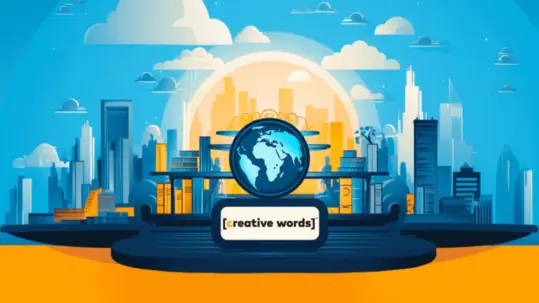
13 Sep Translating Japanese culture in video games
Since the early beginnings of video games, Japan has played an important role both in the production of consoles and also of the games themselves.
Who’s never heard of Super Mario or Pac-Man? Yet many Japanese video games may contain cultural elements that are not easy to localise in Western countries. What direction do we take for translating Japanese video games?
Carme Mangiron of the Autonomous University of Barcelona, in her paper “Found in Translation: Evolving Approaches for the Localization of Japanese Video Games”, talks about various strategies that we can adopt in these cases by illustrating three examples of video games that have become very famous among gamers even outside Japan.
The examples that she provides are three series of video game genres, all quite different from each other and still very popular today:
- Persona, a video game series created as a spin-off of Shin Megami Tensei. These series belong to the genre of Japanese-style role-playing games, known by the abbreviation JRPG, and they have been developed by Atlus since 1996. The main characters are groups of teenagers with the ability to call upon aspects of their psyche and transform these into living beings called “Persona”.
- Ace Attorney, a visual novel series developed by Capcom since 2001. In this series we play the role of a lawyer and our goal is to have our client declared innocent by presenting various pieces of evidence gathered at the crime scene and by speaking with witnesses.
- Yakuza is a series that has been developed by SEGA since 2005. The creator wanted to build a game to narrate the lifestyle of the yakuza and today it’s on its tenth chapter.
What do these games of such diverse genres have in common? They all have some cultural elements that are clear for the Japanese audience, but less so for a Western player.
Carme Mangiron shows us the types of translation used, referring to how these three series have been localised:
- in Persona, some changes have been made directly to the game so it is also suitable for the West;
- in Ace Attorney, a fictional American world with an Eastern feel has been created;
- and in Yakuza, a “dual localization” has been carried out, such as making both a Japanese and English dubbing available to please players familiar with Japanese culture as well as those less knowledgeable about the topic.
The video game market
The video game market continues to show strong growth, especially in this historic time: in 2020, the overall turnover related to this entertainment sector recorded a growth of +21.9% in Italy compared to the previous year.
In the rest of the world, 2020 was not only the year for growth in the gaming sector but also in the manga industry. It’s estimated that sales in the US doubled with respect to 2019, and we can observe an increase in the sales of comics in Italy also.
This can affect the localisation of cultural elements, as it’s very easy for a public interested in manga to also be interested in video games. Even in light of the various comics originating from video games, such as the manga series Danganronpa and Persona, also discussed in the paper.
Japanese culture is itself spreading in the West through several kinds of media, by giving a hand to localizers of video games produced in the Land of the Rising Sun. We can quite simply stop localising the names of Japanese dishes (also thanks to the spread of restaurants with East Asian cuisine), while other more complicated cultural elements, such as the suffixes for honorific titles, may no longer be a problem during the translation process in the future.
Even if the Japanese software companies develop countless video games set in fictional worlds, there will always be numerous references to their culture. This continues to become increasingly nearer to everyone’s reach, to the point of being understood without the need of intervening in the localisation process.
The article has been written by Marta Villa.





